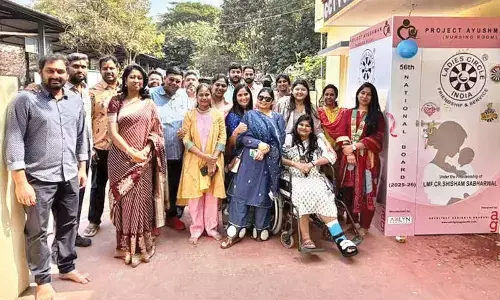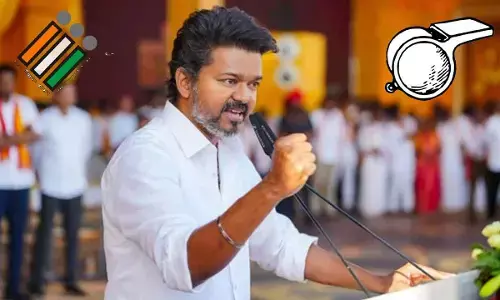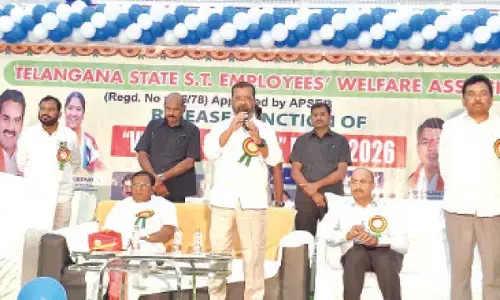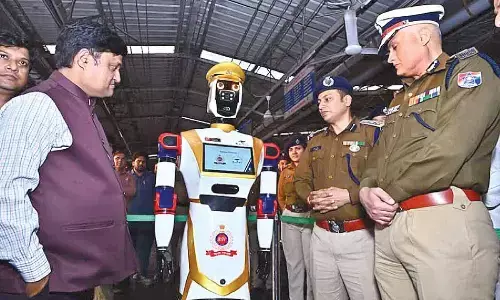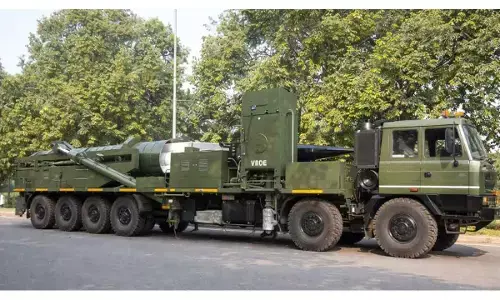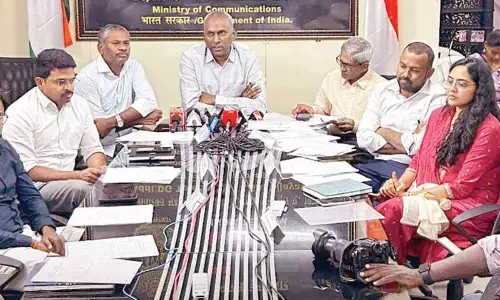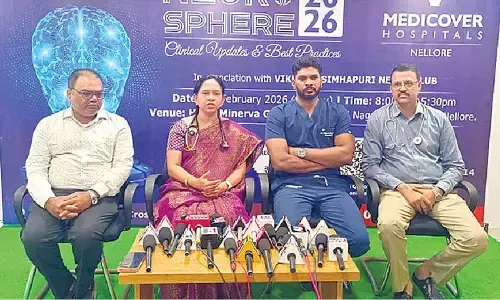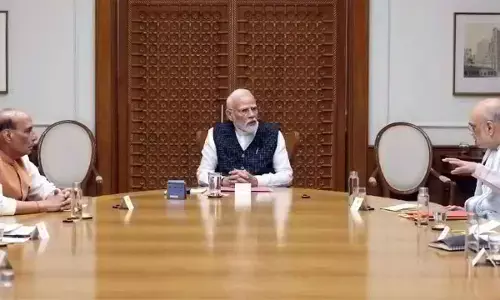A singer who impressed Dey and night…
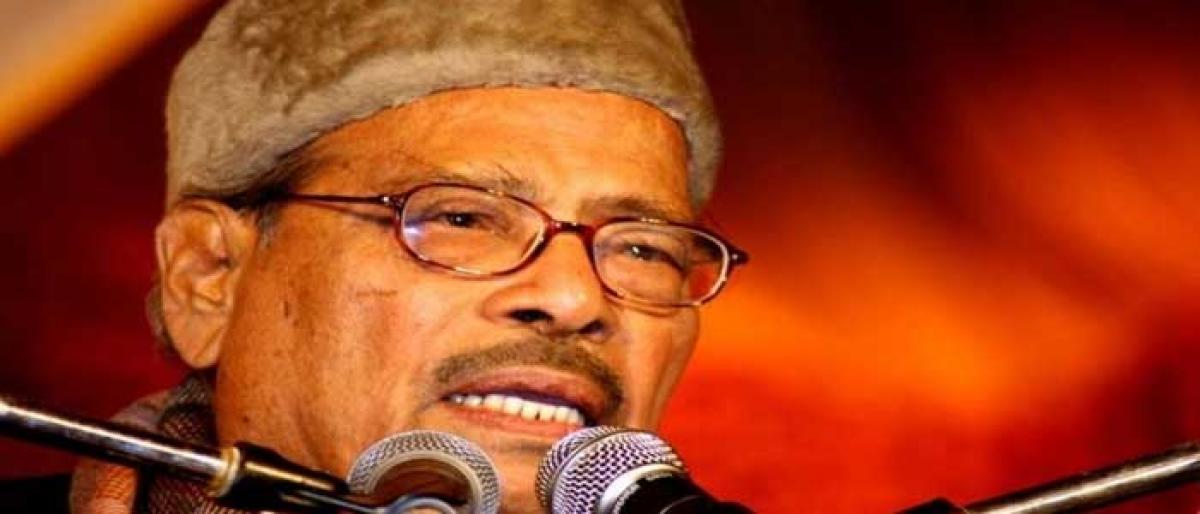
Prabodh Chandra Dey aka Manna Dey (1919-2013), Asit Sen (1922-2001)… these are the two names about whom this week’s column will speak about. Among these two, Asit Sen’s contribution to the industry had been dealt elaborately in an earlier column, coinciding with his death, which was in the month of August. Both these Bengali gentlemen are remembered for the strong cultural roots they possessed oth
Prabodh Chandra Dey aka Manna Dey (1919-2013), Asit Sen (1922-2001)… these are the two names about whom this week’s column will speak about. Among these two, Asit Sen’s contribution to the industry had been dealt elaborately in an earlier column, coinciding with his death, which was in the month of August. Both these Bengali gentlemen are remembered for the strong cultural roots they possessed other than the qualitative outputs they were known to have delivered during their peak time in the Hindi film industry.
Classically oriented and with a melodious voice to go along, Manna Dey was in great demand during the ‘50s and ‘60s, when he recorded hundreds of songs for a host of music composers. His tally of songs read around 4,000 in a career, which lasted for close to four decades in a host of languages and dialects and genres. His survival in the quicksand that is the movie world can be best highlighted with the fact that he was favoured by both the father and son duo of SD Burman and RD Burman, who used his vast repertoire of skills for both classical and western styles of singing respectively. Also, quite notably, he lasted the time from singing for Raj Kapoor to Rajesh Khanna to even Mithun Chakraborty.
With his contemporaries and peers like Rafi, Mukesh and Kishore all passing away before they could touch even 60, Manna Dey bucked the trend and lived on till he was 94, active a full two decades before he died in 2013. It is a commendable point as in the ephemeral world that cinema is defined as, achievements of its celebrities are equally forgotten as fast as they are created. This is especially true in modern times, where Friday to Friday, box office standings come under the scanner.
Despite his celebrated differences with his counterparts and long standing ruptures in professional relationships with a few others who were associated with him in his long journey, Manna Dey has managed a dedicated fan following all these years. Fans talk about it wistfully that he was never a hero voice for a long time like how Rafi, Mukesh or Kishore were for Dilip Kumar, Raj Kapoor, Dev Anand and Rajesh Khanna respectively. Still, his part of the song in which he had to match his vocal skills are still not forgotten – the “Yeh Dosti Hum Nahi Todenge” in ‘Sholay’ (1975) and the all-time favourite “Ek Chatur Naar Badi Hoshiyaar” in ‘Padosan’ (1968), two numbers in which he had to contend with the immensely gifted, improvising kind of a singer, Kishore Kumar.
Heard with immense pleasure even today, both these songs very effectively highlight the internecine battle of wits between the two - one classical and method-trained while the other putting his God-given gift to good use. Such kinds of musical outputs have become rare and hence very valuable in these times, where golden oldies are still being re-mixed and served to an ever-eager young audience. Manna Dey died on September 24.








